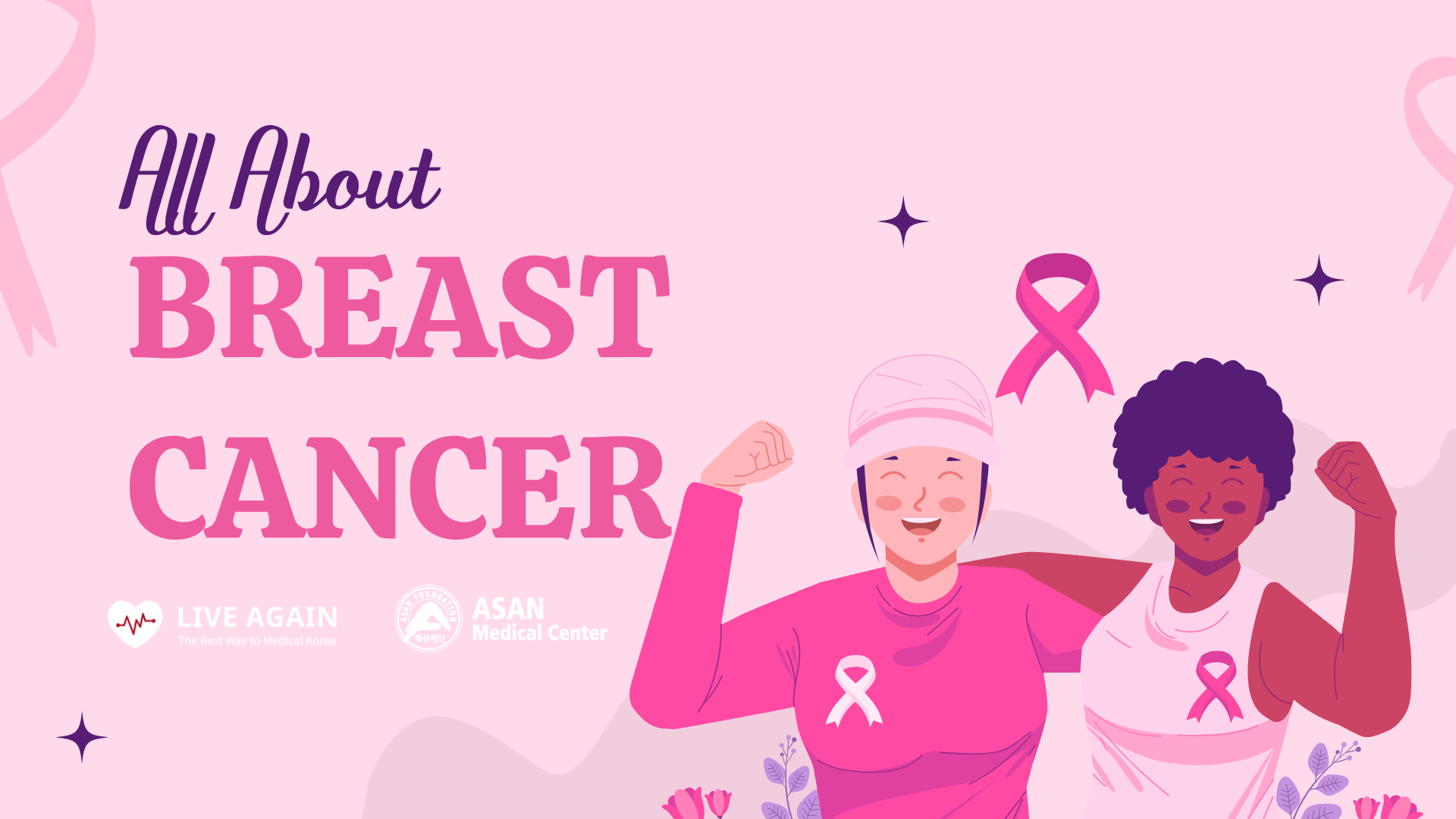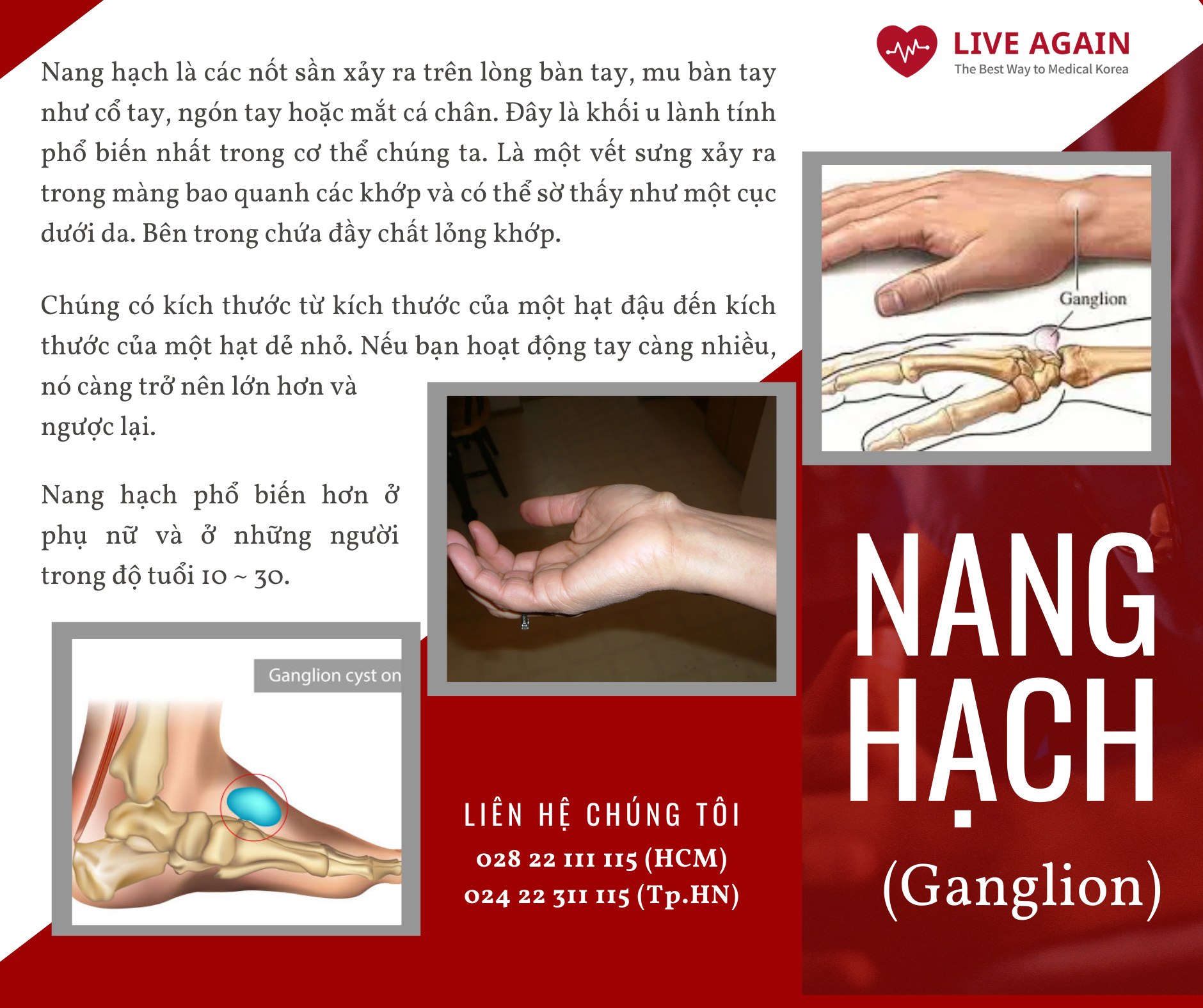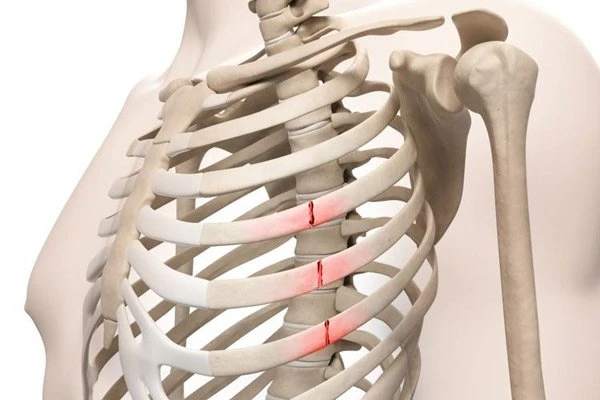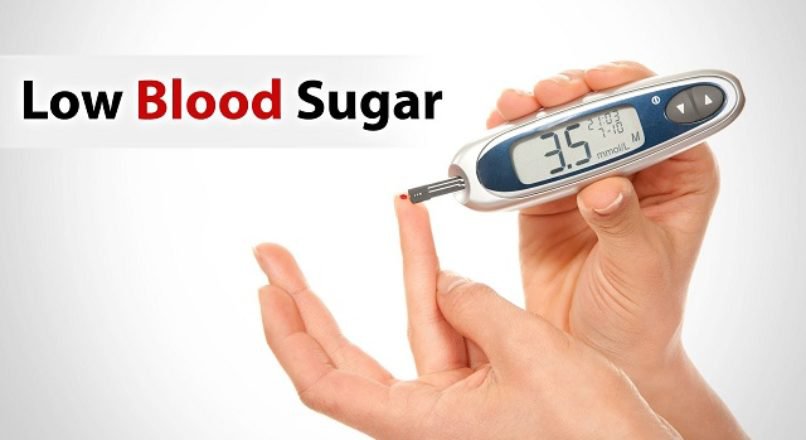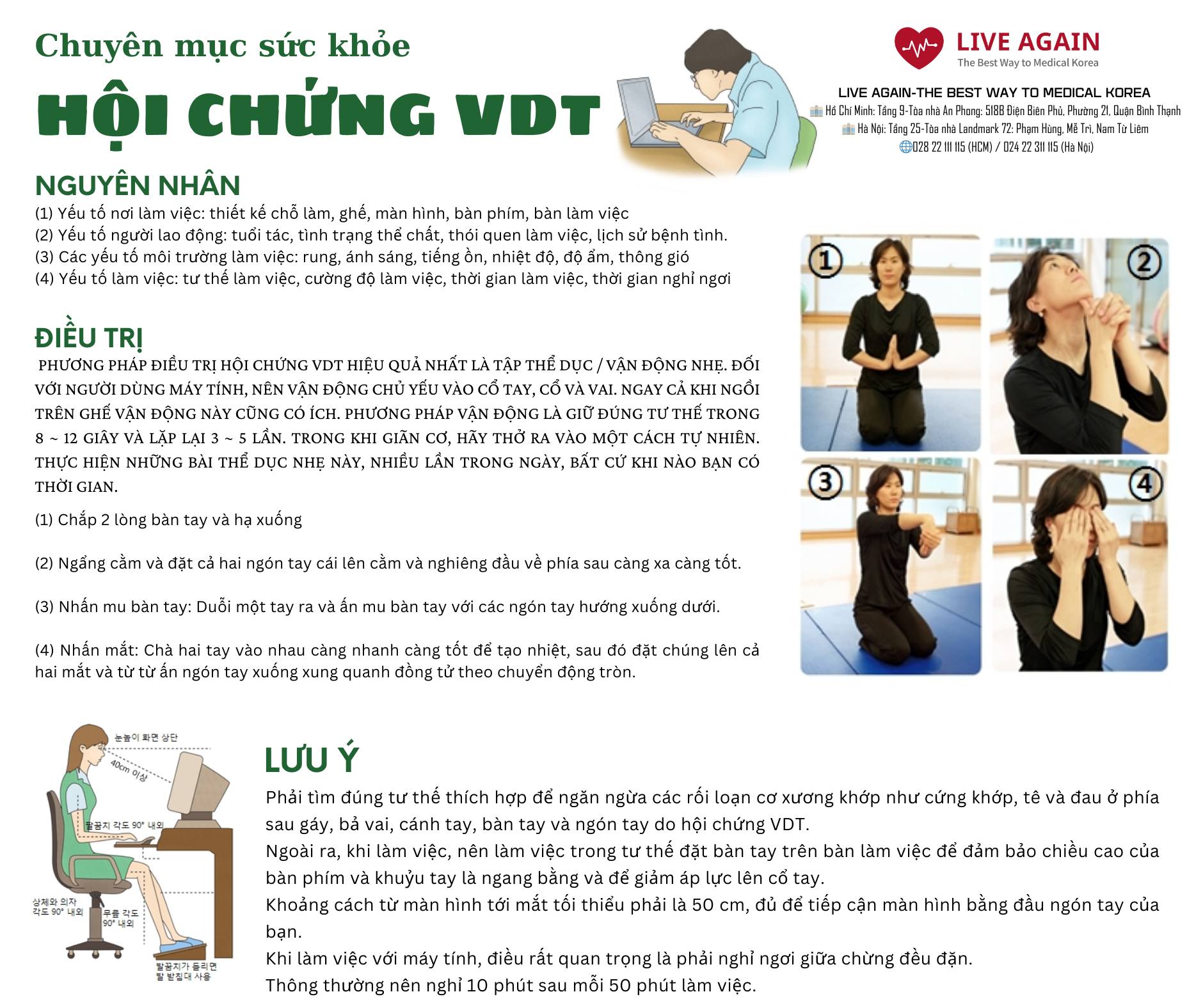- What is Scurvy?
Scurvy is a clinical syndrome caused by a deficiency of vitamin C (ascorbic acid), leading to symptoms in various parts of the body where connective tissue is present. Vitamin C (ascorbic acid) is an essential nutrient that the body cannot synthesize and can only be obtained from food. It plays a crucial role in collagen synthesis, which is vital for the body’s connective tissue.
- Cause of Scurvy
The cause of scurvy is insufficient absorption of vitamin C by the body, which can occur due to intestinal malabsorption disorders or increased demand for vitamin C due to infections.
- Symptoms of scurvy
Symptoms of scurvy gradually appear after about three months of vitamin C deficiency. The main symptoms include bleeding and degeneration of bones. In the early stages, symptoms may include general discomfort and weakness, loss of appetite, joint pain, and poor wound healing. Subsequently, hematomas due to hemorrhaging may occur in the mucous membranes of the mouth, under the skin, intramuscularly, subdurally, and in the intestines.
Additionally, symptoms such as corkscrew hairs, thickened skin cells, slow wound healing, generalized swelling, depression, neurological disorders, severe dry mouth, and dry eyes may also arise. Vitamin C plays a crucial role in iron absorption, so prolonged scurvy can lead to iron deficiency anemia. In rare cases, severe abnormalities in connective tissue can result in osteoporosis and bone fractures.
- Diagnosis and treatment of scurvy
To diagnose scurvy, it is essential to identify the underlying reasons for insufficient vitamin C intake. This condition is primarily seen in patients with severe malnutrition, as well as those who abuse drugs or alcohol.
The treatment for scurvy involves vitamin C supplementation. Symptoms typically begin to improve within 24 hours of appropriate treatment, with bruising or gum bleeding resolving within a few weeks. Vitamin C is abundant in leafy green vegetables and fruits, so regularly consuming citrus fruits, broccoli, strawberries, tomatoes, potatoes, cabbage, and spinach can help prevent scurvy.


